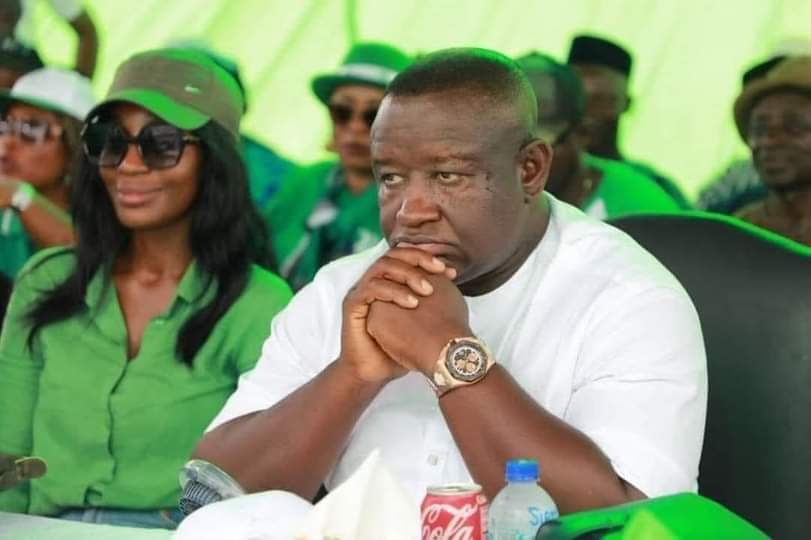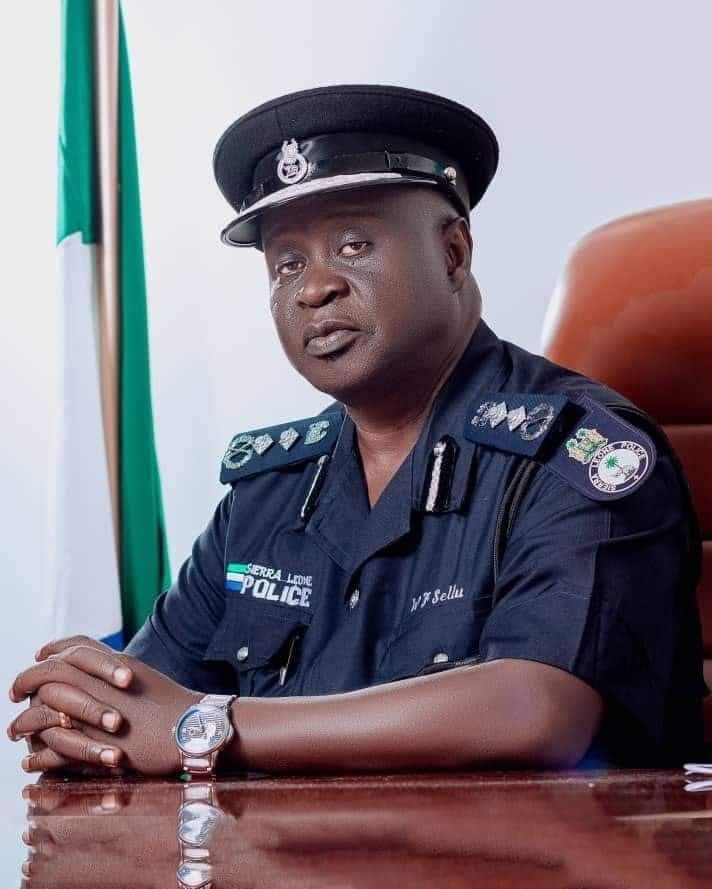Three months after his controversial win of the 24th June, 2023 elections, Sierra Leone’s Julius Maada Bio has been facing one obstacle after the other that have left the presidency besieged.
The president is not at peace as all his plans and actions so far since the electoral commissioner announced the now discredited and opposed presidential elections result, have resulted to untold suffering for the struggling and mostly poor people of Sierra Leone.
The Sierra Leone Presidency is under siege works by an unrelenting main opposition All People’s Congress -APC and their equally insistent supporters from around the world including members of the diplomatic community, who are bent on changing the narrative on how elections have been won in Sierra Leone, from 2023 going forward.
However, by insisting on continuing with this stolen elections mandate, which has elicited responses from the US, EU, UK, ECOWAS, Germany, Ireland that it was not credible, the actions of the presidency and the electoral commissioner have resulted to the halting or slowing down of activities that will continue to add to the people’s problems going forward.
The insistence by president Bio and his supporters that he won the election has resulted to a lack of peace, insecurity and instability across the country.
According to the scriptures, peace is the most valuable asset for an individual and country. Leaving his disciples back on earth, the Messiah’s disciples asked him to leave them with something after his departure. Responding, Christ said he was leaving them with peace.
This peace is valuable; however, it has been missing in Sierra Leone since 24 June 2023 elections.
In those elections the incumbent Julius Maada Bio reportedly won over 55% of the vote thereby staving off a second round or runoff vote. The announcement of the presidential result has led to the main opposition boycotting participation at all levels of government until the issue is resolved.
Supporters of the APC have also called for protest actions that have seen stay home protests by traders who shut down their shops and business centres across the country. The fear from the leadership about the lack of peace and what it portends caused the government to once again employ the use of force via state security personnel (army and police officers) to keep the people from taking to the streets.
For the protest action planned for Monday, 11th September 2023, state security officers once again shot people wanting to demonstrate against their living conditions brought about by government’s plans and or actions.
Peace is sorely lacking across the country as the citizenry wants to protest against the regime but have had an awful experience going up against state security shooting people based on orders from above. ‘We remember what happened on 10th August and don’t want for the security of the state to ever fall so far from what it is supposed to be. Our security as a state is not assured. We cannot trust president Bio, his army and police. This instability is killing us as it shows itself in the prices of goods and services and the lack of sound management of the economy,’ said Memunatu Johnson.
Using the electoral dispute as a cover, the state has be overwhelming the economy by poor handling of fiscal matters, by putting too much impositions and restrictions on the economy in relations to the freedom of movement of people, goods and services.
The Sierra Leone economy is at a standstill. There is no money short of local taxes and donor support money to help boost the nation’s economy.
While goods and services have been demanded yet their scarcity on the market has affected the movements of goods and services. The rise in the price of fuel which will affect all other prices has happened twice since 24 June with further increases to be announced.
This medium visited several transit points to the provinces and discovered that local bus and national operators are going through a dry spell as fewer and fewer people are traveling between the provinces and Freetown doing business.
The current economic slump has affected revenue mobilisation as the people go on regular stay home protest actions that have affected the government’s revenue mobilisation effort with many supporters of our economy especially budgetary supporters to the government. During the last regime this attitude led to the mismanagement of funds under vote controllers emboldened to fleece the state as many such people only receives a slap on the wrist instead of facing jail time.
Ours has been a very precarious affair as what has affected one side of the economic equation is sure to affect the other variables. The runaway hike in the prices of goods and services has made scarce the people’s access to critical needs such as water resources, energy, education and even public transport. There is no control to the use and misuse of water resources. Taps run all day with young men and women who see selling water in five gallon drums an easy revenue stream seen all over town looking for water to buy or exploit for their customers.
Power cuts have been rife since 2018. Despite efforts being made to sort out our perennial energy problem, it is not uncommon for power to be cut all day leaving many productions under threat, with many goods and services going bad while waiting for electric power to return. The eclectic power supply has been the headache for every substantial head of the ministry of energy going as far back as the Siaka Stevens era.
The effect of this state of affairs on our lower and higher education sector has been seen in the poor national and local exams results since 2018. Students say they find it hard to focus in class after all they have experienced with interruptions to their schooling and lacking materials necessary for them to continue making progress in their education. Teachers complain of not receiving wages which has inadvertently affected the students’ performance.
Transportation is the biggest loser since the advent of the Julius Maada Bio political gravy train. Transport cost is so tied to the price of the black gold or petrol that any increase in the price naturally affects the price of transport and by extent all other goods and services.
Despite all of these and much more issues at play there seems no end in sight for our troubles. Our international friends have told us that the only way they will relent on their sanctions regime is if the leadership regime and electoral commissioner do the needful to reverse the ugly elections result impasse that has polarised the public space.
If we were to speak truth to power we would have been able to plainly tell the incumbent and his party and supporters that he lost the election. Sorting out this electoral issue presents the biggest obstacle to the realisation of all we hope to accomplish going forward.













